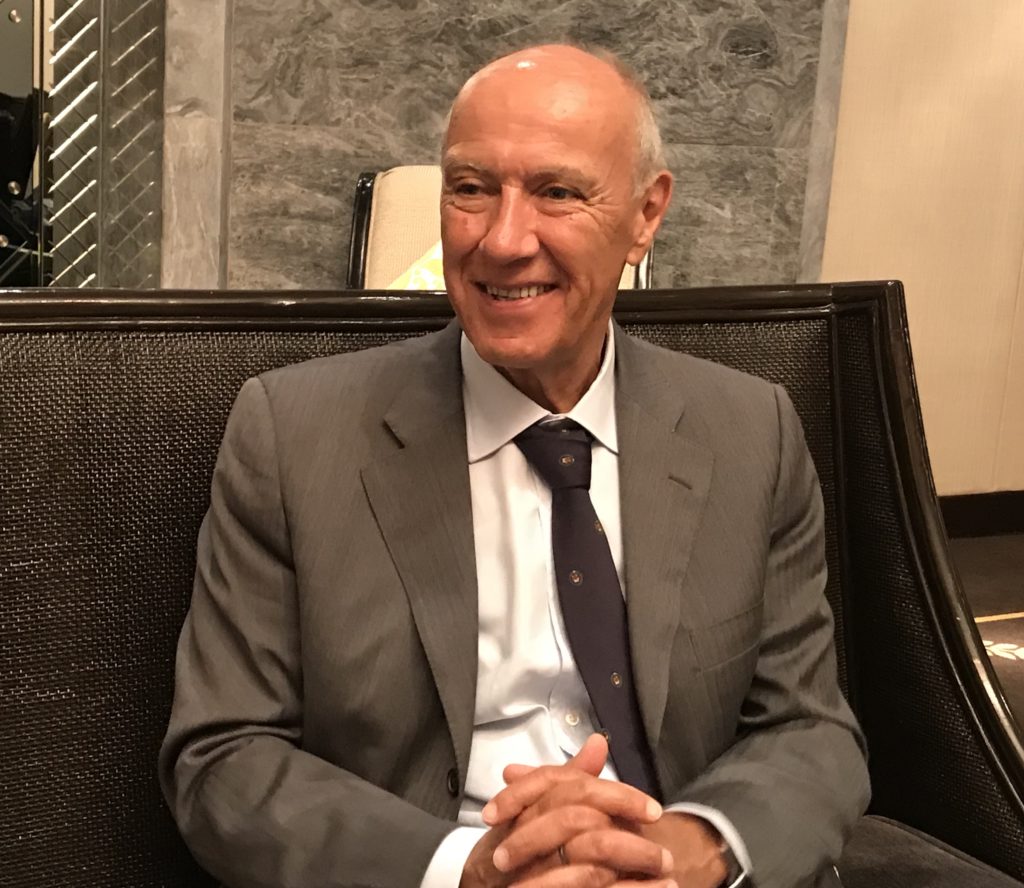Protection for indigenous people’s intellectual property sought

WIPO director-general Francis Gurry
The global community is grappling to protect the intellectual property (IP) rights of indigenous people as local and international intellectual property organizations admit this as a gray area based on the current domestic and global frameworks.
In a press briefing on Thursday, officials from the Intellectual Property Office of the Philippines (IPOPHL) and the World Intellectual Property Organization (WIPO) cited gaps in both local and international IP systems.
IPOPHL director general Josephine Santiago said the government agency was studying how to make the current system work for indigenous people. Likewise under study is whether this sector would require a whole new IP system of its own.
“Protection for indigenous people’s works are outside, as of now, of the intellectual property system,” she said.
The Asean Intellectual Property Association (IPA), according to a media report, previously said that local tribes and indigenous people would need to be made aware that their intellectual properties could also be protected.
Article continues after this advertisementLawyer Aleli Angela Quirino, who heads the Asean IPA, cited the local ylang-ylang flower which had been patented by a French company as one of the ingredients for its fragrance products.
Article continues after this advertisementVoluntary disclosure
At most, Santiago said that inventors would have to note if their products sourced some indigenous materials or design. This, however, is just a “voluntary disclosure.”
“In the Philippines, we have tried to protect the indigenous people’s rights by requiring our patent applicants to disclose whether their invention had been taken from some indigenous materials or design,” she said.
When asked what the indigenous people could get from this arrangement, Santiago only said that this is only just still in the “infancy stage.”
WIPO director general Francis Gurry said that the international community was trying to introduce some mechanisms such as “authenticity marks.” Nevertheless, he said that even the global system had “gaps.”
Different but valid
In a separate interview with the Inquirer, Gurry said that indigenous people have a specific knowledge system that differs from its western counterpart.
Indigenous people might not know the scientific explanation behind the therapeutic effect of a certain plant variety, but they still understand how it works through observation, he said, noting that this requires to be recognized.
“What’s missing is a great protection for indigenous knowledge,” he told the Inquirer.
“I think that it’s a different knowledge system. It’s not the same same knowledge system as the western system. so what we have to do is have it recognized for its contribution,” he added.
He said the international community has been hoping for a breakthrough in this regard.
“The exercise, even though it has not yet come to a successful conclusion, is very important because it creates a lot of awareness in the value of diversity,” he said, referring to the IP system meant to cater to indigenous knowledge.